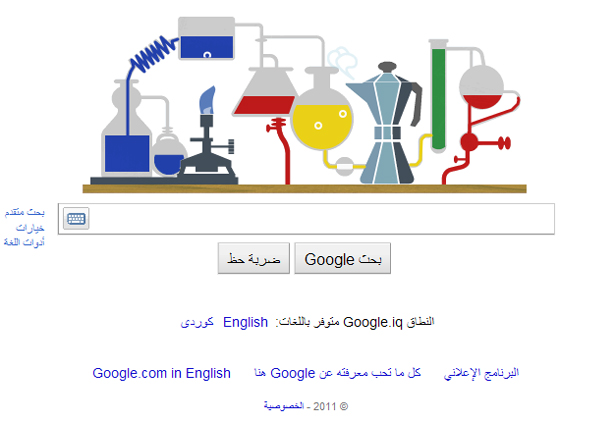George Lucas had transformed the Tunisian Sahara desert in the barren planet with twin suns called Tatooine, for Episode IV of his “Star Wars” space opera in 1976. Now Luke Skywalker’s childhood home is quickly being engulfed in sand dunes.
The set of 20 buildings, located northwest of the city of Tozeur, covers an area of around 10,000 square meters, and remains a point of interest for avid “Star Wars” fans, who visit from around the world. The set was used until 2003, for the movies “The Phantom Menace” and “Attack of the Clones,” and ever since, sand has been approaching from all sides.
Per the request of the Tunisian government, the famed set for Anakin Skywalker’s home town, Mos Espa, also remains intact. Loads of visitors make pilgrimages daily.
Tahar Karya, who was George Lucas’s personal driver during the latest filming in Tunisia, feels the director’s decision to reuse the area in his films was good for the region. “More than 1,500 background actors were employed. Agencies and hotels also benefited,” Karya says, adding that “Over a period of two-and-a-half months, (Lucas) brought activities to the region and beneficial economic activity. We hope he comes back here again.”
Considering that Lucas sold Lucasfilm to Disney for $7.3 billion, the chances he’ll be returning to Tunisia for any productions are pretty slim. Though, Disney may opt to return to the set for the upcoming “Star Wars” sequels. Yet, Episode VII director J.J. Abrams has said filming will take place in London.
Film crews faced difficulties during production in the harsh Saharan climate. Temperatures reached 135 degrees, and a rare summer rain storm occurred during Lucas’ last visit. It would appear that rebuilding the Tatooine set on a sound stage in front of a green screen would be more practical.
Karya adds, “Ever since they finished the part of the movie shot in 2003, sand dunes have surrounded the film set from every side. They should not have allowed this to happen.”
Scientists have tracked the movement of the large dune that has started to cover the set. It is moving at a rate of 4 centimeters per day, and it won’t take much time for the area to be enveloped.
Image courtesy of Wikimedia Commons.

